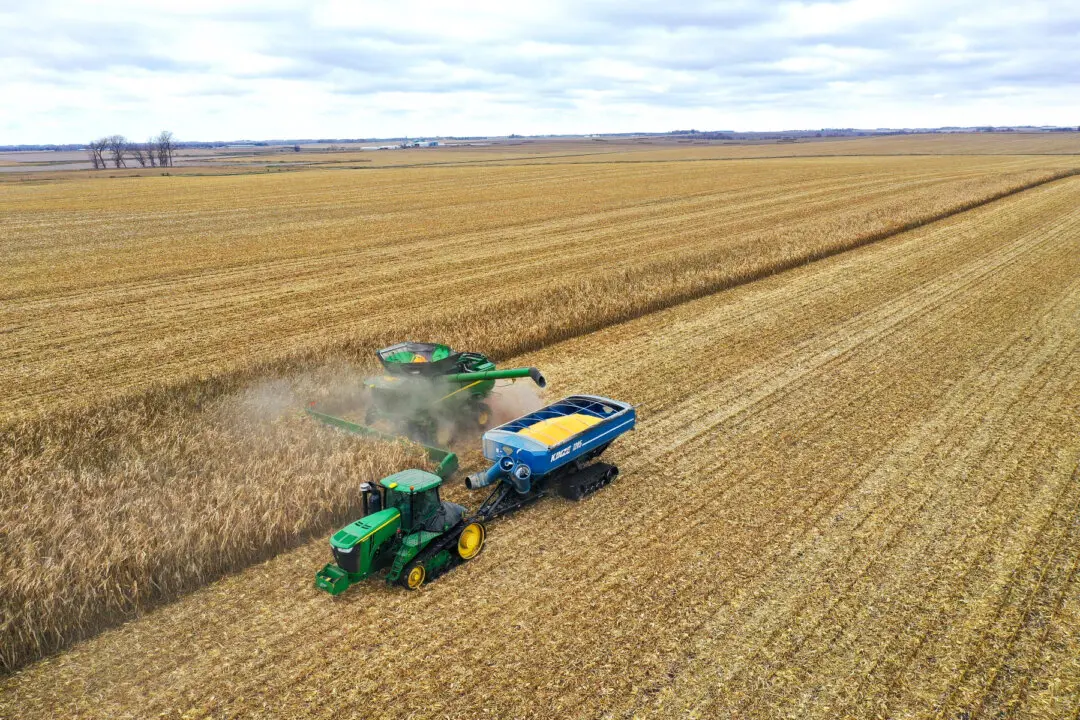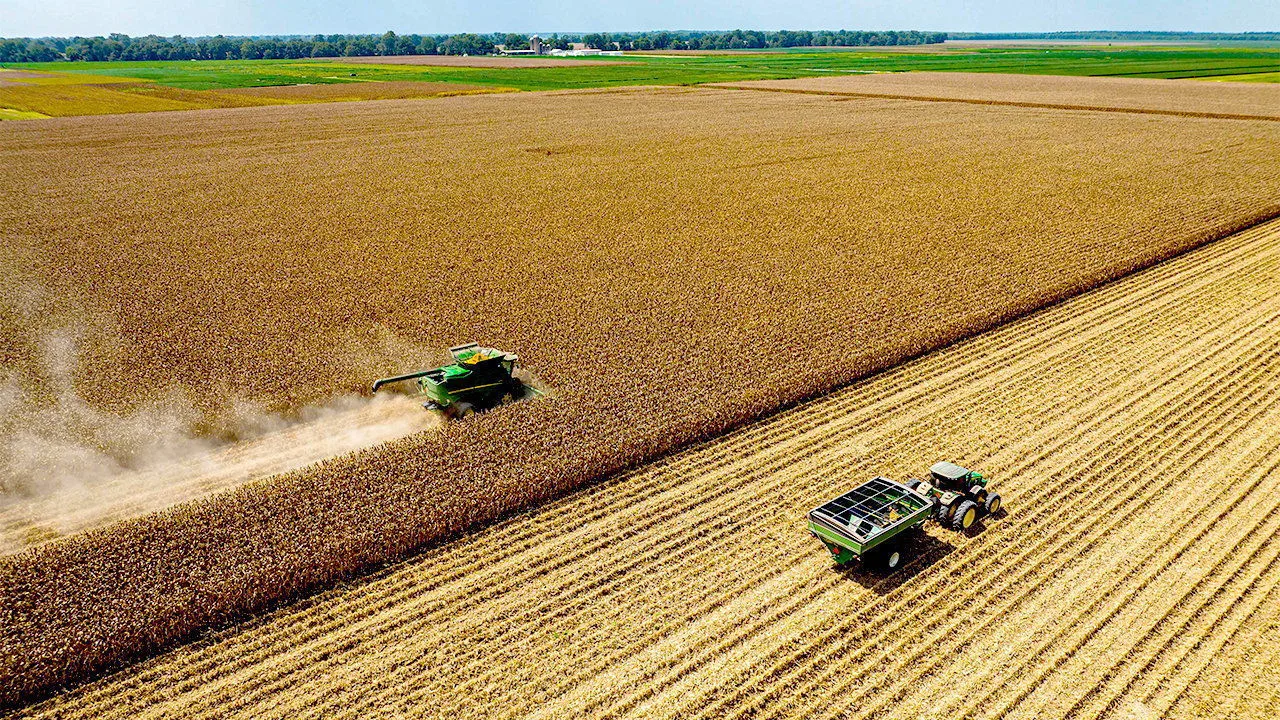$1.5 Trillion Farm Bill Sparks Partisan Tensions: Showdown Looms Between House and Senate
House Unveils Controversial $1.5 Trillion Farm Bill: Democratic Leaders Draw Red Lines
The long-awaited $1.5 trillion farm bill unveiled by House Agriculture Chair G.T. Thompson has stirred significant controversy as it crosses two of Democratic leaders’ red lines, according to the published article of POLITICO. The legislation aims to boost farm safety net programs substantially but has sparked partisan tensions setting the stage for a showdown between the House and Senate over this crucial piece of legislation. While the bill is expected to garner some Democratic support during the upcoming markup Democrats have been under pressure to oppose it in favor of a rival proposal presented by Senate Agriculture Chair Debbie Stabenow. The farm bill encompasses a wide range of rural funding, farm safety net and nutrition programs, making it a key priority for both parties. However, disagreements persist over major policy issues, including the allocation of funding and specific provisions related to nutrition programs like the Supplemental Nutrition Assistance Program (SNAP).
The House bill includes provisions that have drawn staunch opposition from senior Democrats such as limitations on future updates to the Thrifty Food Plan and the removal of strict climate-smart requirements for conservation funding. Despite the contentious nature of the bill Thompson has defended it as a robust proposal that addresses key concerns within the agriculture industry. Democratic leaders are confident in their ability to block any farm bill they don’t support on the House floor, given the narrow Republican majority. Stabenow and Minority Leader Hakeem Jeffries have urged members to rally around Stabenow’s own farm bill framework and oppose the House bill. However, Thompson remains optimistic about the reception of his proposal, emphasizing its focus on supporting farmers and addressing industry stakeholders’ needs. As the debate unfolds the farm bill continues to be a critical legislative priority with its outcome poised to impact various sectors of the U.S. economy and rural communities across the nation.

Farm Bill Debate Over $1.5 Trillion Legislation Reflects Partisan Divide and Election Stakes
Furthermore, the farm bill debate underscores broader divisions within Congress over food and agriculture policy, highlighting the challenges of reaching bipartisan consensus on critical issues. Democrats are facing pressure to stand firm on their priorities particularly regarding nutrition programs and conservation funding, while Republicans seek to advance their agenda of supporting farmers and rural communities. With the 2024 election looming, the stakes are high for both parties, as the outcome of the farm bill could influence voter perceptions of their respective commitments to addressing key economic and social issues. As negotiations continue and tensions persist, finding common ground will be essential to passing legislation that effectively supports farmers, promotes food security, and strengthens rural America.
